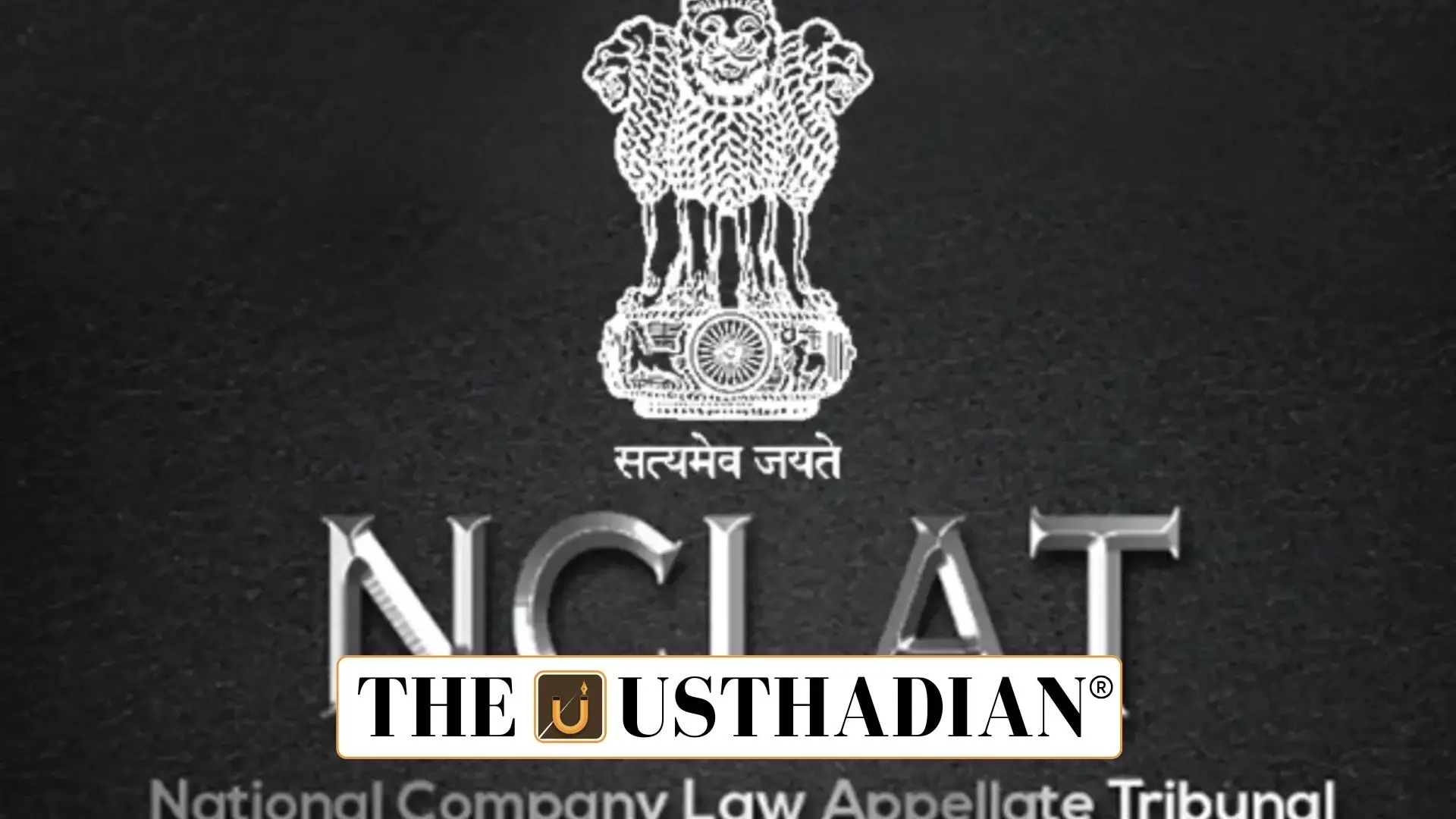NCLAT’s recent interpretation of law
NCLAT and Its Role in India’s Corporate Legal Framework: In a recent judgment, the National Company Law Appellate Tribunal (NCLAT) ruled that the Insolvency and Bankruptcy Code (IBC), 2016 cannot override the Prevention of Money Laundering Act (PMLA), 2002. This decision reinforces the authority of anti-money laundering laws over insolvency proceedings, clarifying jurisdictional conflicts.
The verdict came during an appeal where the liquidator argued for overriding PMLA under IBC provisions. However, NCLAT emphasized that financial wrongdoings such as money laundering must remain punishable, even during insolvency.
About NCLAT
The National Company Law Appellate Tribunal (NCLAT) was constituted under Section 410 of the Companies Act, 2013. It functions as the apex appellate body to hear appeals from the National Company Law Tribunal (NCLT).
It ensures uniform interpretation of corporate laws across India and enhances the efficiency of dispute resolution under company law. The principal bench is located in New Delhi.
Wider appellate authority
NCLAT does not only hear cases related to NCLT. It also entertains appeals against:
- Orders from the Insolvency and Bankruptcy Board of India (IBBI)
- Decisions of the Competition Commission of India (CCI)
- Rulings by the National Financial Reporting Authority (NFRA)
This makes NCLAT a central appellate body in India’s corporate governance ecosystem.
Powers and jurisdiction
NCLAT can affirm, modify, or set aside the decisions of tribunals or regulatory bodies. It plays a vital role in maintaining corporate transparency, competition regulation, and financial accountability.
Its decisions can be appealed to the Supreme Court of India, making it a crucial link between regulatory tribunals and constitutional justice.
Static GK fact: NCLAT was established on 1st June 2016, following the implementation of the Companies (Amendment) Act, 2015.
Interplay with other laws
While NCLAT operates mainly under the Companies Act and IBC, its recent ruling highlighted how sectoral laws like PMLA can take precedence where national financial integrity is at stake.
Static GK Tip: The PMLA was enacted in 2002 and came into force in 2005 to combat money laundering and provide for the confiscation of property derived from such offences.
Importance for competitive exams
NCLAT is frequently in news due to high-profile insolvency and merger cases. Its judgments often impact major corporations and influence government policy in corporate affairs.
Understanding NCLAT is essential for aspirants of UPSC, TNPSC, SSC, and banking exams, especially in topics related to economic development, governance, and financial reforms.
Static Usthadian Current Affairs Table
NCLAT and Its Role in India’s Corporate Legal Framework:
| Topic | Detail |
| Full form of NCLAT | National Company Law Appellate Tribunal |
| Constituted under | Companies Act, 2013 (Section 410) |
| Established on | 1st June 2016 |
| Principal Bench | New Delhi |
| Appeals heard from | NCLT, IBBI, CCI, NFRA |
| Recent ruling | IBC cannot override PMLA |
| Can be appealed in | Supreme Court of India |
| Role | Appellate body for corporate and insolvency matters |
| Related laws | IBC 2016, Companies Act 2013, PMLA 2002 |
| PMLA in force since | 2005 |








